Mihai Iepure-Gorski’s exhibition at Baril made me happy and this text is meant to tell you about this experience. Because this exhibition is like a whole, singular object, I want to spill it all out, throw it out there, just as if you would roll a pair of dice, expecting an immediate result. In fact, this is how I would sum up this exhibition – a brief, vibrant, delicate, almost absurd gesture. A playful, yet melancholic gesture. There are some sequences that make it whole. Table – trees – hands – ball – woman talking. The dice that I just played with are on the table, I rolled the dice a few times and I landed No reference to Duchamp, Nothing special, and a few others. I laughed and I understood that the artist was laughing with me, how else? If you were to make art you would have to pretend you are not referencing Duchamp while you are in fact referencing the fact that you are not referencing Duchamp. The rest is a bit more subtle, there are two uprooted trees floating near the table, which I first thought were a visual counterpoint, a place to rest your eyes, but when I asked the artist about them, he spoke to me about dispossession. About the fact that In nomine mundi is written on the ball, that the world is no longer his and he wants to be able to name it again. That he wants to have roots or he at least contemplates that fact the ones he already has (or thinks he has) are in danger. Or maybe I made this all up. It’s true that the trees are ghostly, that you stare at them waiting for something to happen. But nothing ever happens, not even after you look away and you focus on a video projection or hands counting money that isn’t really there, ironic yet poetic. These hands appear to be talking to someone? To themselves? – but the space is so quiet. Two steps to the right is the last piece of the exhibition, a video with its sound trapped within a set of headphones, another dialogue with a singular subject. A Polish teacher is speaking to the class that isn’t visible in the frame, a class that we rapidly suspect doesn’t exist. But the woman speaks firmly, she makes wide gestures with her somewhat worn out, yet endearing body, you can understand every now and then what she’s saying and it makes you laugh, it’s absurd. She wants to make her listeners speak out, she answers for them. It’s easy to imagine yourself in her shoes. You take off your headphones, you’ve finished the tour but you’re stuck in this world. The artist said some words in this room and you’re clinging to them. You’re caught up in a world along with the artist, a world where something is always missing, a world you understand at once, it’s simple enough, yet so fragile it eludes you every time you try to grasp it. I could have taken the tour a second time, I even did it. I returned to the dice because I felt they seemed out of place, like art for artists perhaps? But I got caught up in the game, maybe because I was just as autistic as the Polish teacher – or an artist. In the white gallery space, objects stood still in time, everything was kept between us, I smiled, I had to go. I think that you rarely have a crystal-clear aesthetic experience, free from any impurities, too much theory or too many intentions. A simple yet poetic gesture, a primal desire to name, to contemplate the possibility that the world has a meaning. You can say that using a single gesture, but you have to find the right tone. For me, everything sounded perfect.
Mihai Iepure-Gorski, Words in a Room
Curator: Diana Marincu
28 November 2014 – 16 January 2015
: BARIL, Fabrica de Pensule, Cluj
POSTED BY
Cristina Bogdan
Founder and editor-in-chief, between 2014-19, of the online edition of Revista ARTA. Co-founder of East Art Mags, a network of contemporary art magazines from eastern and Central Europe. Runs ODD, a s...
www.evenweb.org

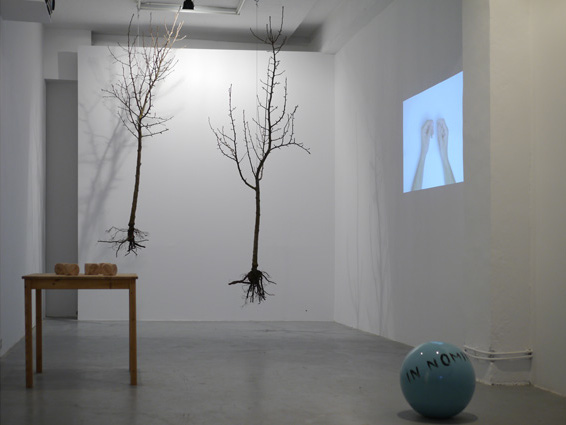
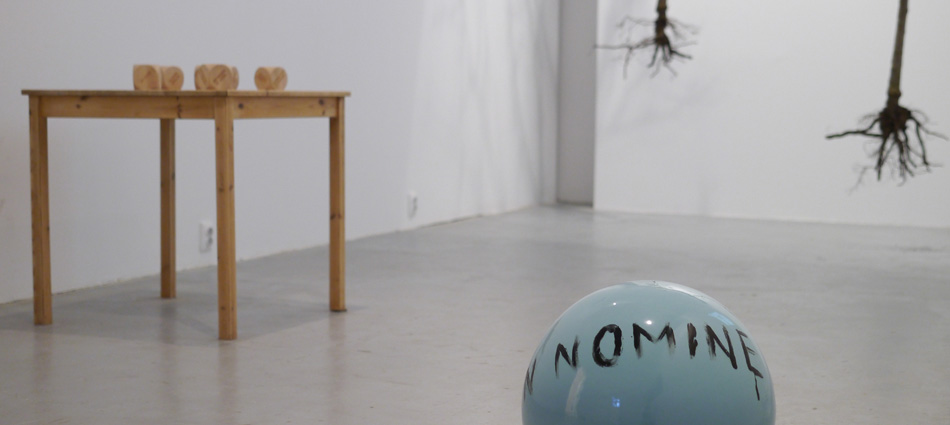
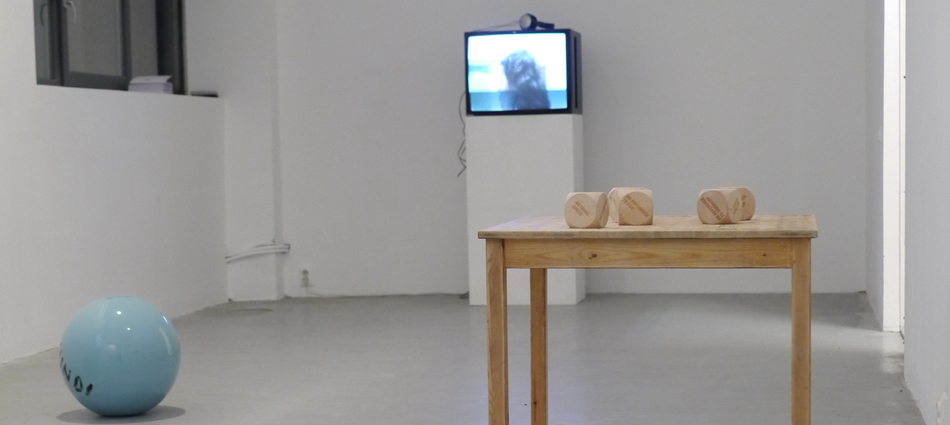
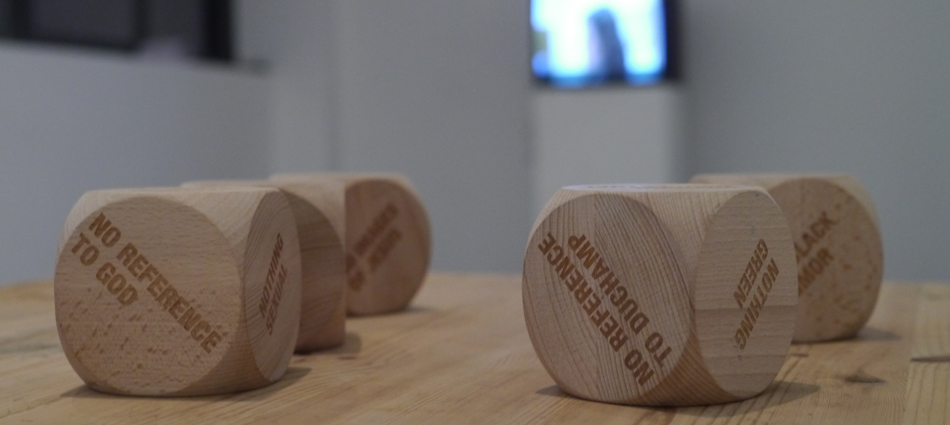
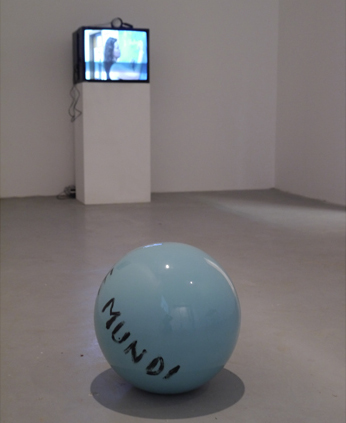
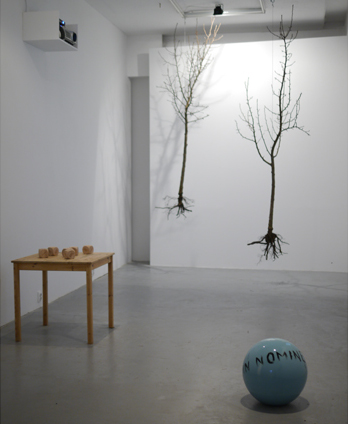
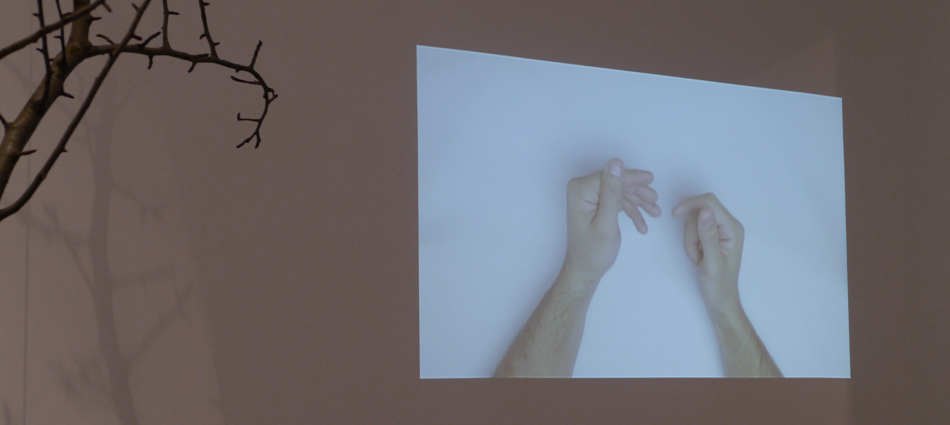
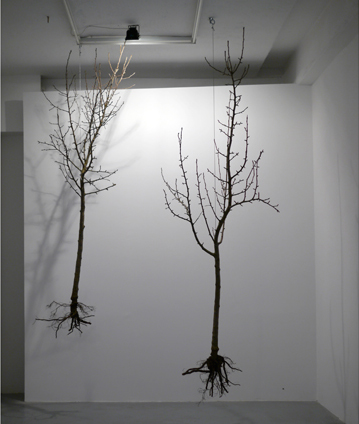
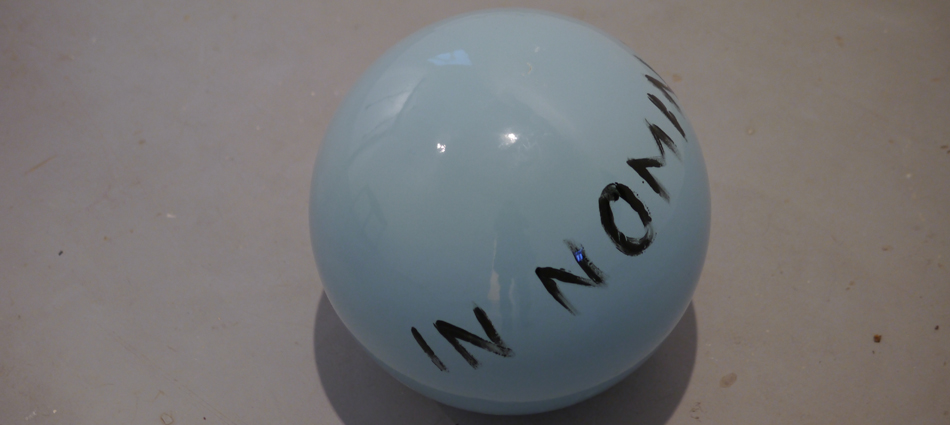
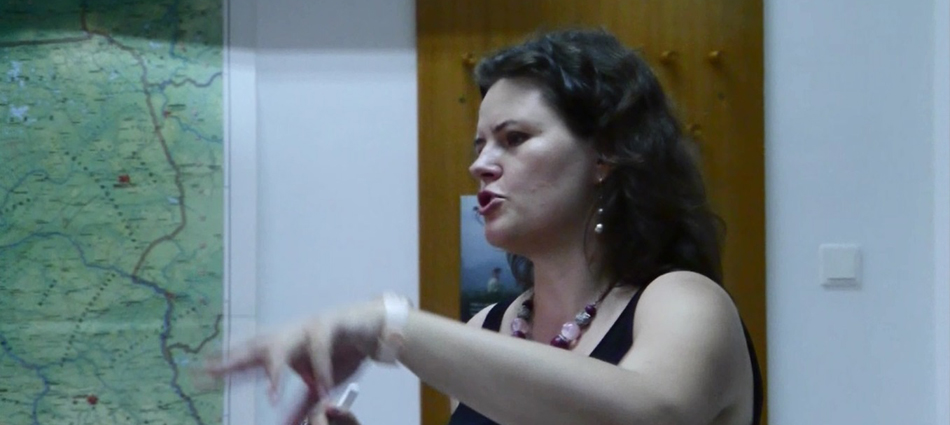
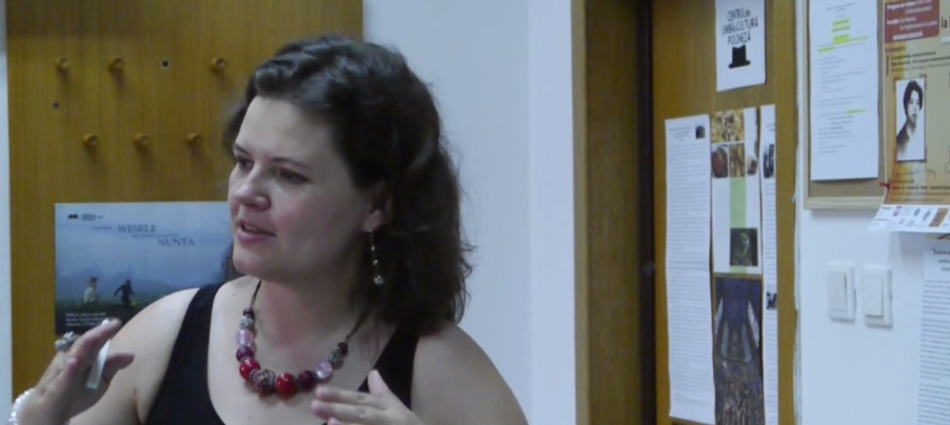
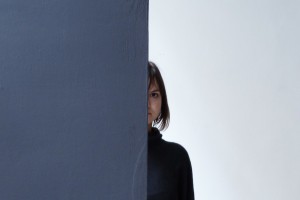
Comments are closed here.